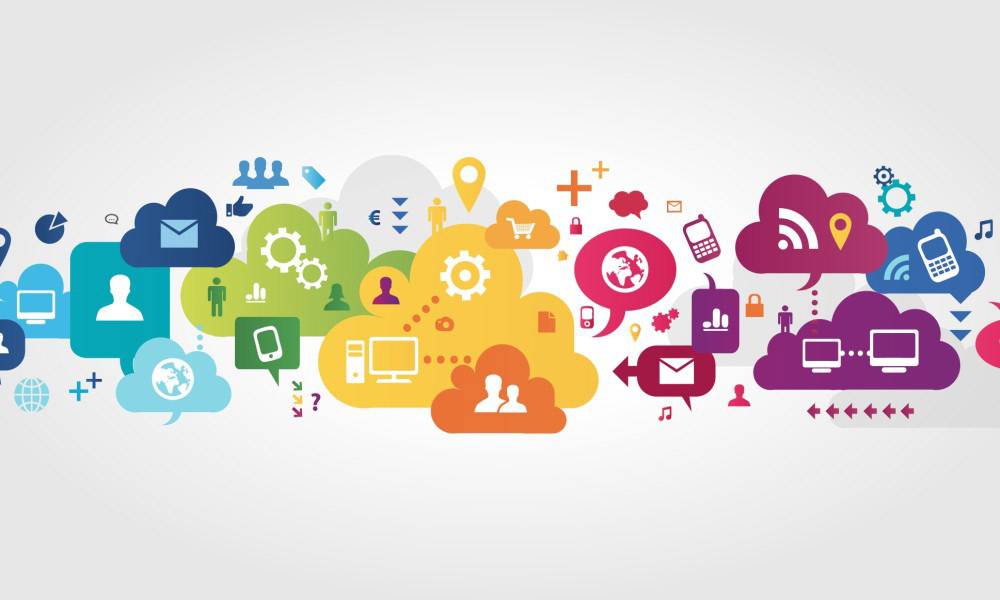The Value of Good Digital Citizenship in the Online World

Technology and the online world are shaping the lives of our teens – in how they work, learn and play. However, where we have the expectations of citizenship in the real world (and the corresponding social constructs that bind us to reasonable behaviour), there does not yet exist such a prominent concept of digital citizenship.
The vast and accessible nature of the online world has the potential to be exciting and empowering, with a plethora of information and education opportunities at our fingertips. But, as a digital coping strategies New Zealand charity, we’ve seen firsthand how this has come at a cost – with the wide-reaching impact of digital addiction and digital anxiety.
Much of the focus on the impact of technology on young people has been around digital safety, online safety and cyber-bullying. However, an emerging concept in responsible technology use is one of ‘digital citizenship’.
So, what is digital citizenship?
The International Society for Technology in Education (ISTE) defines digital citizens as ‘learners who use their technology-driven powers conscientiously — and with empathy — to help make the world a better place.’
Digital citizenship isn’t about shunning technology or limiting its use. As explained by Netsafe, it focuses on responsible digital literacy – with people being empowered to participate fully in a digital-enabled society while retaining the ability to critically analyse what is being experienced online.
How can you be a good digital citizen?
Being a responsible online citizen isn’t very different from being a good offline citizen. Consider:
As a New Zealand charitable trust with the goal of bringing positive change to how young people engage with the digital world, I’m Enough is passionate about the benefit of responsible digital citizenship.



